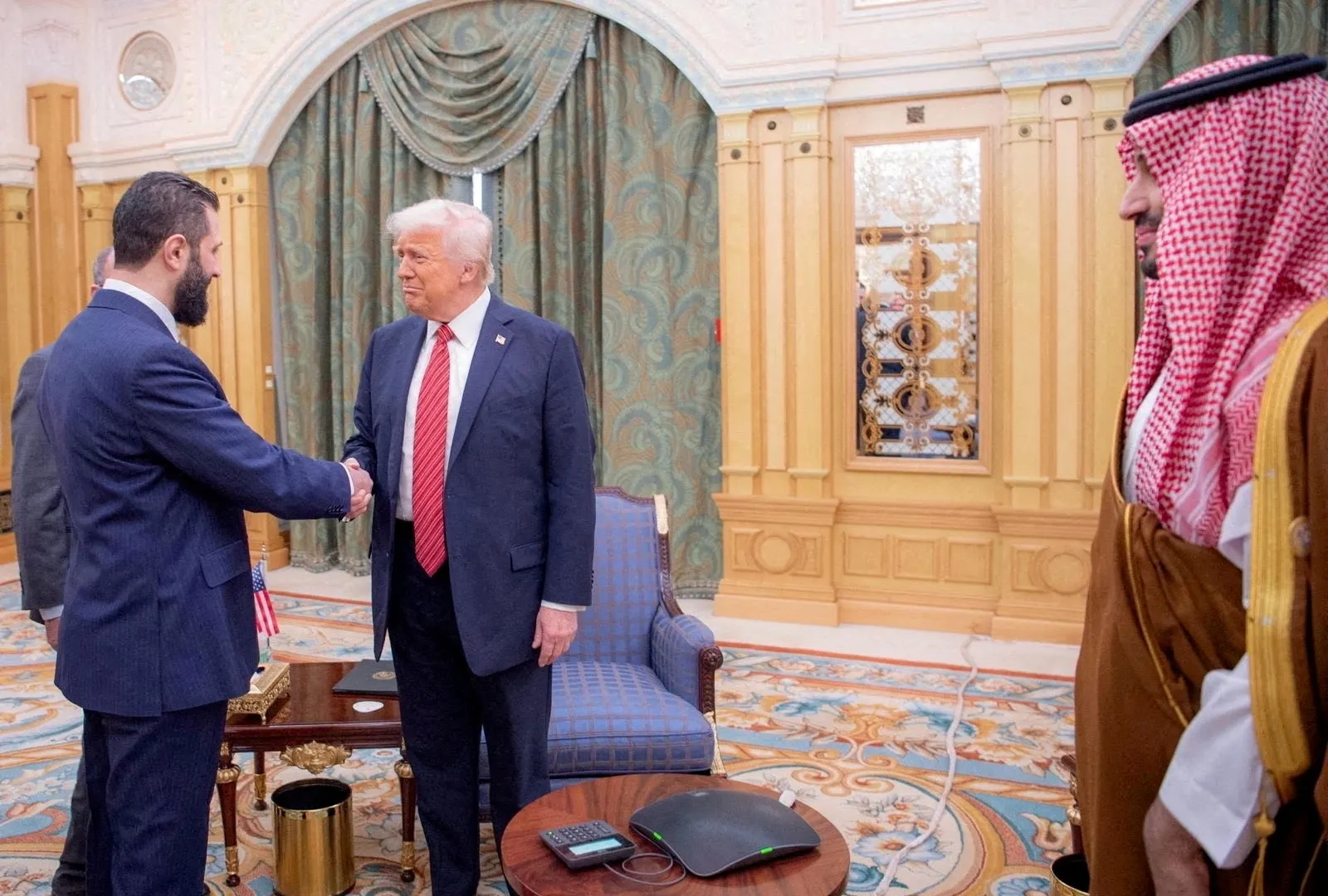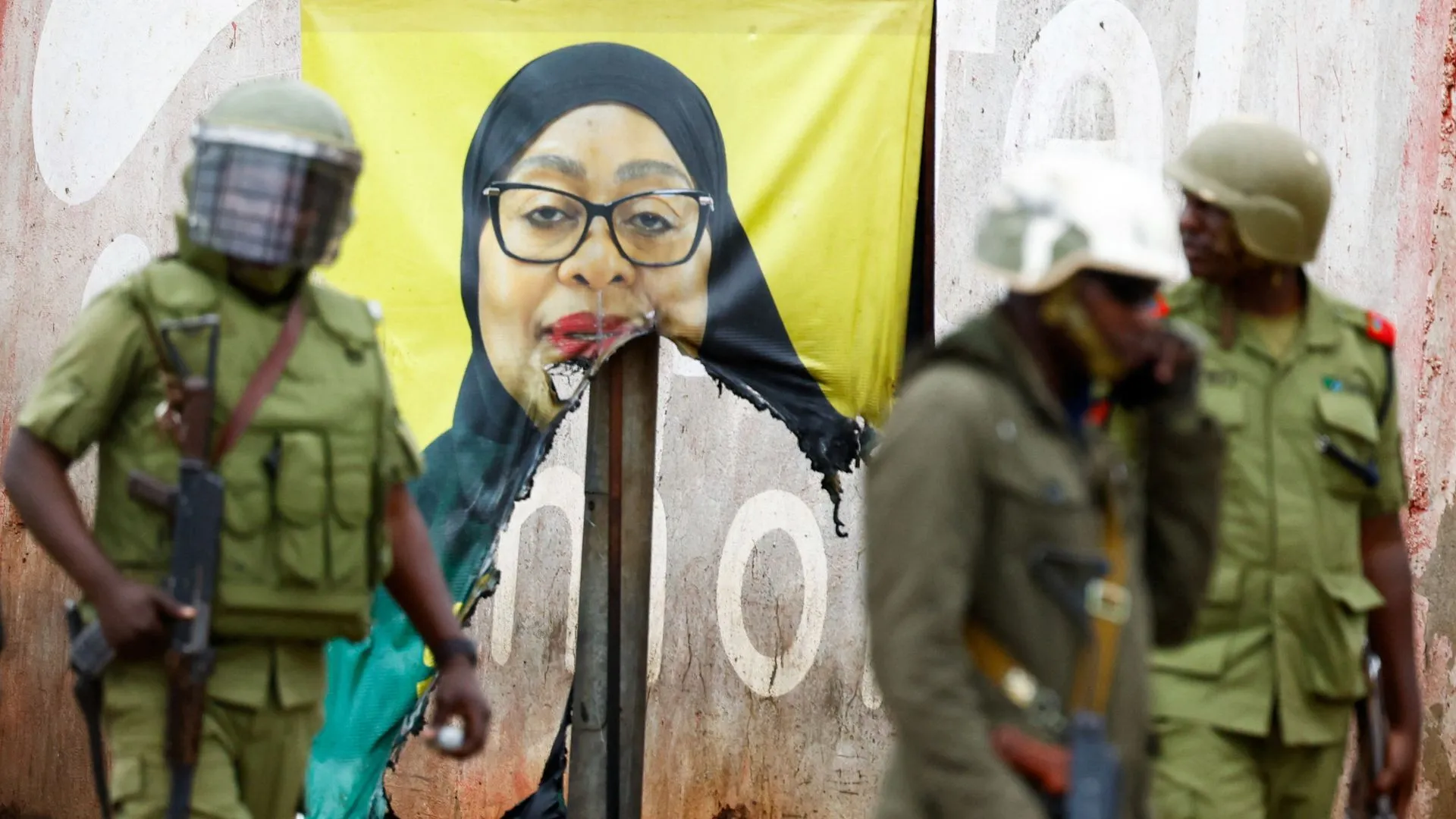The Wheel viewers were left feeling emotional on Saturday night
The Wheel fans were “in tears” as a contestant won the jackpot after their daughter’s death.
Michael McIntyre‘s The Wheel sees members of the public answer trivia questions with the support of celebrity experts.
The famous faces on tonight’s show included Josh Widdecombe, Chris Harris, Colin Jackson, Harriet Kemsley, Shirley Ballas, Frankie Bridge, Jordan North and William Hanson.
40-year-old father-of-two Gordon, who is from Glasgow, was one of the contestants taking part and shared his heartfelt story.
The NHS porter manager revealed to Michael that his 10-year-old daughter, Bella, lives with cystic fibrosis and has always dreamed of visiting Japan.
His other daughter, Ruby, sadly passed away over two and a half years ago from a brain tumour.
If he went on to win, Gordon shared that he was planning to donate some of the money to the Brain Tumour Charity in memory of his daughter, with the rest of the funds going towards Bella’s dream holiday.
Later in the show, Gordon reached the final question, and went on to play for £31,000 with the help of comedian Harriet Kemsley.
They were asked which pop legend secured the first solo UK number one single, with the possible answers being Rihanna, Katy Perry, Lady Gaga and Beyoncé.
The pair jointly decided to go with Beyoncé, with the room soon being lit up in gold as Gordon successfully won the jackpot.
Gordon became emotional as he spoke about his late daughter, saying: “When she was diagnosed, she was given six to nine months to live but with her attitude – she was just a ray of sunshine – she had a really good three years.
“She started school, she was a bridesmaid at my brother’s wedding, so as a family mantra we came up with the motto, ‘Be a bit more Ruby.'”
The show’s viewers quickly took to X to share their delight after Gordon’s win, with one person writing: “Love it when the person you’re rooting for on The Wheel actually wins! Go on Gordon!”
Another added: “Most deserving winner on The Wheel losing a child to a brain tumour and another seriously ill with cystic fibrosis. This world is so cruel. Well done Gordon!”
A third said: “Oh I am actually crying. What a well deserved winner,” with another similarly sharing: “Aww Gordon! That was so emotional!!”
The Wheel is available to stream on BBC iPlayer
















